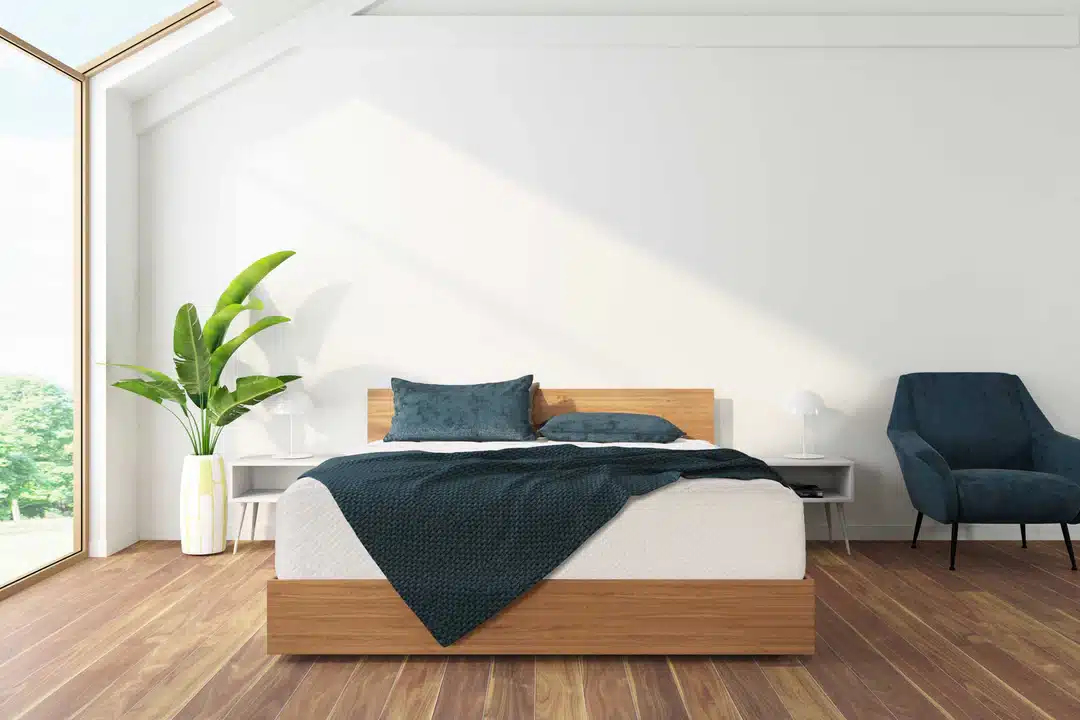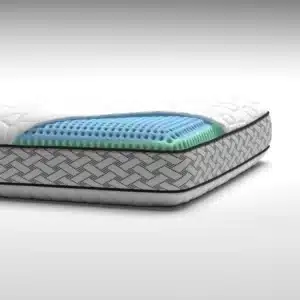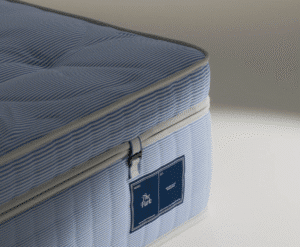Feet Up: Should You Sleep with Your Legs Elevated?
Sleeping with your legs elevated has become a widely discussed topic among wellness enthusiasts and sleep experts alike. The practice is known to offer numerous health benefits, from enhancing blood circulation to alleviating discomfort in the back and legs. However, it’s essential to approach this change to your sleep routine with an understanding of both its advantages and potential risks.
The Benefits of Sleeping with Your Legs Elevated
Better Circulation
One of the most compelling reasons to sleep with your legs elevated is the significant improvement in blood circulation. When your legs are raised, gravity aids in blood flow returning to the heart, reducing the heart’s workload. This not only promotes better circulation but can also enhance overall cardiovascular health.
Reduces Swelling
Swelling, medically known as edema, often affects the legs and feet due to fluid accumulation, especially for those who stand or sit for extended periods. Elevating your legs can effectively help drain this excess fluid, leading to reduced discomfort and pain.
Supports Vein Health
This practice can also be a game-changer for various vein conditions:
– Deep Vein Thrombosis (DVT): Reduces the risk of blood clot formation.
– Superficial Thrombophlebitis: Helps manage vein inflammation near the skin.
– Varicose Veins: Alleviates pressure in the veins, reducing the appearance and discomfort associated with varicose veins.
– Chronic Venous Insufficiency: Enhances blood flow and minimizes related symptoms.
Eases Back Pain and Improves Spine Alignment
A notable benefit of sleeping with your legs elevated is relief from lower back pressure. Elevating your legs can help maintain the natural curvature of your spine, thereby potentially alleviating back pain. Using a knee bolster or large pillow can assist in this alignment, aiding your overall comfort.
Post-Surgery and During Pregnancy
For individuals recovering from surgery, elevating the legs can alleviate pain and swelling, while also reducing the risk of blood clots. Likewise, during pregnancy, this practice can reduce swelling and discomfort in the legs and feet.
Aids in Injury Recovery
If you’ve incurred an injury, especially sprains, elevating the affected leg can diminish swelling and pain. It also eases strain on your heart, facilitating more efficient blood pumping after a day of standing or sitting.
Risks of Sleeping with Your Legs Elevated
While there are numerous benefits, it’s crucial to be aware of the potential risks involved in sleeping with your legs elevated.
Circulation Challenges
Occasionally, elevating your legs might result in circulation issues. This elevation can restrict blood flow to the lower extremities, leading to sensations like tingling or numbness. Research indicates that maintaining this position for prolonged periods can heighten the risk of blood clots.
Discomfort or Pain in the Legs
Elevating your legs could cause discomfort over time, particularly as restricted circulation may trigger a nerve response. This can lead to further discomfort or pain, especially if blood flow remains limited.
Concern Over Blood Clots
A significant risk includes the potential for blood clots, especially for individuals already diagnosed with conditions like DVT. There are instances where elevated legs might exacerbate existing issues or even cause clots to migrate to the lungs, leading to serious complications.
Restless legs syndrome (RLS) may also be aggravated by decreased circulation, disrupting sleep and potentially leading to daytime fatigue.
How to Sleep Comfortably with Elevated Legs
Finding the right setup to elevate your legs comfortably is key.
Adjustable Beds
Consider investing in an adjustable bed, a revolutionary solution for those seeking to maintain elevated legs throughout the night. Models like the Saatva Solaire and Tempur-Pedic TEMPUR-Adapt allow for customizable height settings, ensuring you find the most comfortable position.
Using Pillows
For those looking for a more straightforward approach, pillows can also provide the necessary elevation. A wedge pillow, such as the Helix Wedge Pillow, is an excellent choice for steady incline support and added comfort.
Solutions for Side Sleepers
Side sleepers face particular challenges when elevating their legs. Over-elevation can misalign the spine. A practical approach is to use folded blankets to adjust height or opt for a dedicated leg elevation pillow. Pairing a supportive mattress, like the Helix Midnight, with a versatile pillow can further enhance comfort.
Frequently Asked Questions
Is it safe to sleep with your legs elevated all night?
Yes, generally speaking, it is safe for most individuals. However, always consult your doctor if you have health concerns.
Is it better to elevate the legs or the head while sleeping?
Both have their distinct benefits. Elevating your legs addresses issues like circulation and back pain, while elevating your head can alleviate snoring and acid reflux.
How high should you elevate your legs?
For optimal effect, elevate your legs 6-12 inches above your heart. Adjust as needed for comfort.
Conclusion
In conclusion, sleeping with your legs elevated offers a myriad of benefits, ranging from enhanced circulation and reduced swelling to improved spinal alignment and pain relief. However, as with any change to your routine, it’s crucial to find a balance that works best for you.
At Yawnder, we recognize that personalized sleep solutions can vastly improve your overall well-being. Whether you are managing medical conditions or simply seeking a better night’s rest, our range of sleep products can help. From adjustable beds to specially designed pillows, we are committed to helping you elevate your sleep experience.
Explore our collection and discover the transformative power of a good night’s sleep.

















